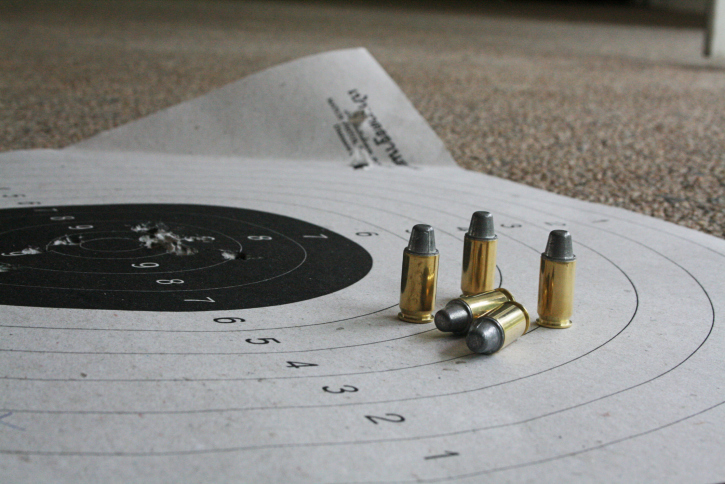"Held" is a different thing than the Court recognizing a particular condition of law . . .
SCOTUS
has said the state and local laws forbidding concealed carry do not offend / violate the 2nd Amendment,
Heller being the most recent.
Heller's take is interesting because while the Court recognizes the long history of laws restricting concealed carry, it does not include those blanket laws in the opinion's famous statement listing examples of "presumptively lawful" restrictions on guns. including restrictions on carrying them, limiting that to "sensitive places":
"For example, the majority of the 19th-century courts to consider the question held that prohibitions on carrying concealed weapons were lawful under the
Second Amendment or state analogues. See,
e.g.,
State v.
Chandler, 5 La. Ann., at 489–490;
Nunn v.
State, 1 Ga., at 251; see generally 2 Kent *340, n. 2; The American Students’ Blackstone 84, n. 11 (G. Chase ed. 1884). Although we do not undertake an exhaustive historical analysis today of the full scope of the
Second Amendment , nothing in our opinion should be taken to cast doubt on longstanding prohibitions on the possession of firearms by felons and the mentally ill, or laws forbidding the carrying of firearms in sensitive places such as schools and government buildings, or laws imposing conditions and qualifications on the commercial sale of arms."
If the Court actually "held" that state and local laws forbidding concealed carry should be accepted as hard, settled law federally (post
McDonald), the Court would not have accepted the NY carry case it is hearing on November 3rd -- after all, no state or local laws restricting concealed carry could possibly offend the 2nd Amendment could they?
What we should interpret those statements by the Court to mean is just the plain, uncontested legal fact that
THEN,
when those statements of law were made, the 2nd Amendment was not enforceable on those state or local laws . . . Now it is.


/cloudfront-us-east-2.images.arcpublishing.com/reuters/GNTGF45QOJNPTFU7J3WQUZHVTE.jpg)

:max_bytes(150000):strip_icc():focal(679x492:681x494)/kabary-salem-2000-3f37b4adc64f49b387f443d102b67b5b.jpg)


